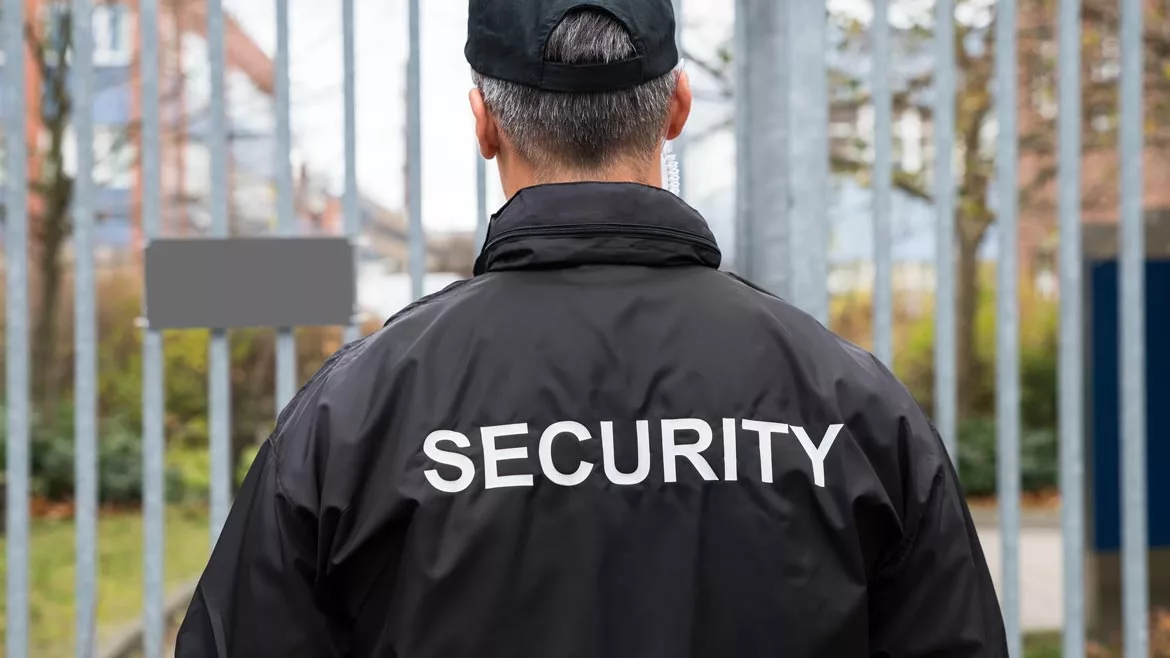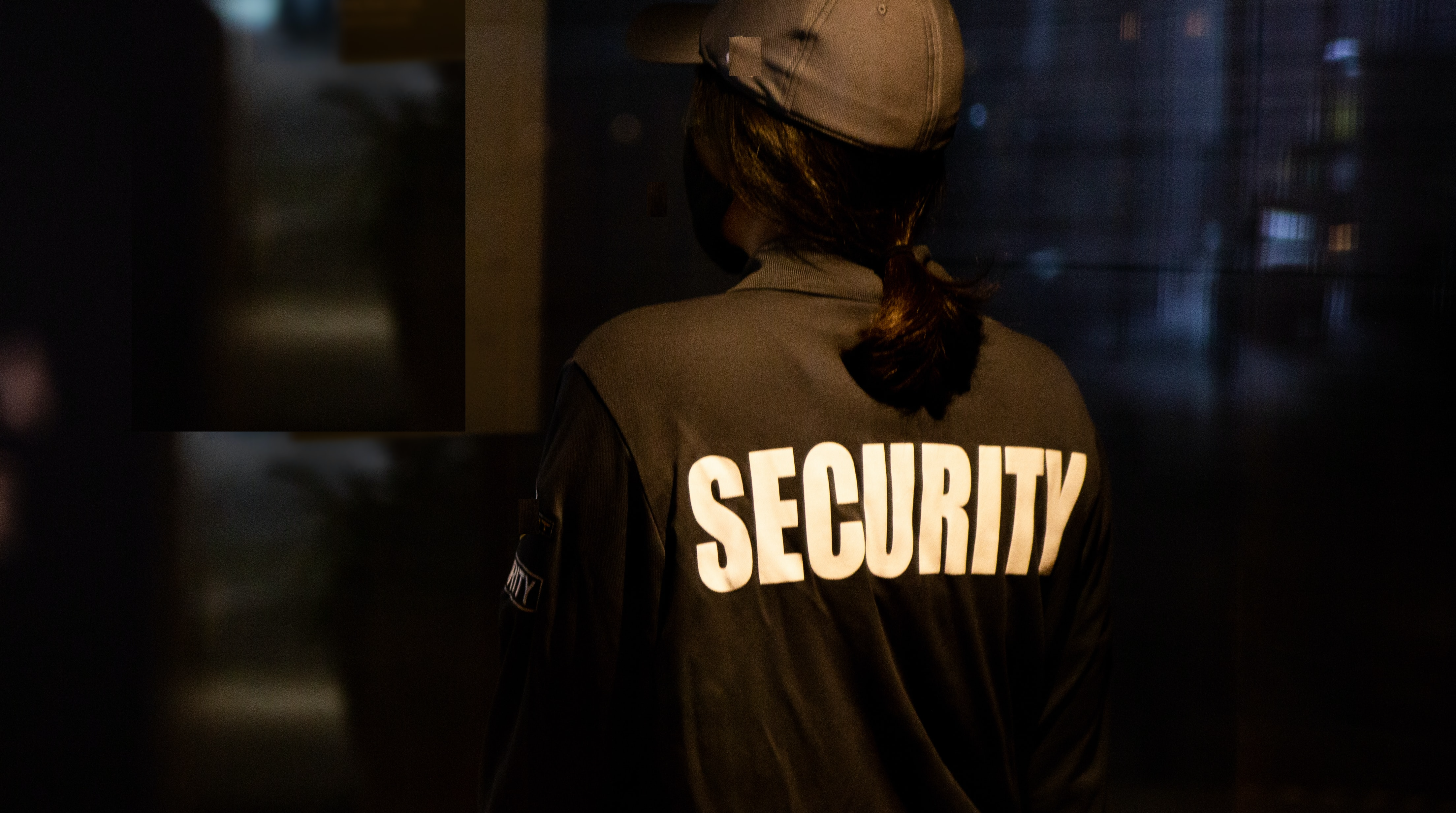Education & Training
How law enforcement can prepare for a career in the private sector
Security leaders looking for a career change may find that their skills transfer easier than they think.

AndreyPopov / iStock / Getty Images Plus via Getty Images
Security is known to be a fast-paced field, and security leaders often find themselves in vastly different positions than they held a few decades ago. Oftentimes, this includes a shift between public and private sector careers. Two security leaders discuss their experience moving out of public security and law enforcement and into the private sector.
Scott Ashworth, Global Security and Resilience Leader at Google
Transitioning away from law enforcement proved to be a challenging decision. With a deep passion for my work, especially as a young Investigations Lieutenant experiencing a rapid ascent, I found myself at a pivotal crossroads. It was a moment where I grappled with the choice of either capitalizing on the momentum of my career within the force or strategically shifting gears into the corporate realm.
My decision to shift careers stemmed from a desire for new challenges and opportunities for growth. After years of serving in law enforcement, I felt the need to explore a different avenue where I could apply my skills and expertise in a new context. Corporate security presented itself as the perfect blend of my law enforcement background and a fresh professional environment.
One of the most significant challenges I faced during this transition was adapting to the corporate culture. Law enforcement operates within a strict hierarchical structure, whereas corporate environments often emphasize collaboration and flexibility. Learning to navigate this change required me to cultivate a new set of interpersonal skills and adopt a more nuanced approach to leadership.
However, my experience in law enforcement provided me with a solid foundation for success in corporate security. The critical thinking, problem-solving and crisis management skills honed in the field are invaluable assets in the corporate world. My ability to remain calm under pressure and make quick, informed decisions has proven invaluable in handling security threats and emergencies within a corporate setting.
Furthermore, my background in law enforcement has equipped me with a deep understanding of risk assessment and mitigation strategies. Whether it's implementing access control measures, conducting security audits or developing emergency response protocols, my law enforcement experience has been instrumental in designing comprehensive security solutions tailored to the unique needs of corporate environments.
Transitioning from law enforcement to corporate security has also allowed me to leverage my expertise in law and regulations to ensure compliance with legal requirements and industry standards. From overseeing internal investigations to liaising with law enforcement agencies, my legal background has been an asset in maintaining the integrity and security of corporate operations.
Moreover, the transition has provided me with the opportunity to broaden my professional network and collaborate with individuals from diverse backgrounds. Building relationships with stakeholders across departments has not only enhanced communication and collaboration but also enriched my overall professional experience.
In hindsight, while the transition from law enforcement to corporate security posed its challenges, it has been a rewarding journey of personal and professional growth. My background in law enforcement has provided me with a unique perspective and skill set that I've successfully applied to my roles in protecting professional athletes and now leading tech industry security teams to ensure the safety for the staff and customers of a Fortune 10 company. As I continue to navigate this dynamic field, I'm excited about the opportunities for further learning and development that lie ahead.
Ryan Schonfeld, Founder & CEO, Hivewatch
Being a police officer was one of those childhood dreams of mine, where I decided in first grade and never wavered from there. I entered the police academy after college and began specializing in fraud-related crimes, but one thing that frustrated me was how far behind we were from the criminals we were trying to apprehend. Ultimately, that frustration led me to a master’s degree in IT and system design and eventually led me to focus efforts on addressing computer-related crimes.
My career led me to work for the U.S. State Department as a consultant where I was sent overseas and tasked with training law enforcement. I realized then that there were a lot of opportunities in the private sector that were law enforcement-adjacent that still revolved around helping people and solving big problems without having to physically fight people and take on more risk.
My later career took me to a large guarding company, where I was tasked with learning how to use technology to make our jobs more efficient. Later, when I ran Global Security Technology for Fox Entertainment, the technology around building a cohesive command center was my focus and I began to realize the growth the industry still needed. Through building a consulting firm dedicated to helping security professionals navigate the technology side of the business and later starting a software company, HiveWatch, each step in my public sector career has allowed me to build on the knowledge base I have and continue to grow.
As more and more law enforcement officers contemplate a transition, the question of tenure, retirement, and pensions becomes top-of-mind. What I’ve found is that the private sector offers more opportunity for growth, better compensation and benefits packages, and potentially can give you more long-term growth and earnings comparatively.
It’s also a way to build something that the world needs. If you’re interested in entrepreneurship, go do it. Find an idea and make mistakes. No one gets it completely “right” the first time and making mistakes and figuring things out is part of the amazing journey and the process of creating change.
The bottom line is: whether you’re looking to transition or contemplating life after law enforcement, there’s fun, excitement, and a need in the private sector. Start to build your network through platforms like LinkedIn, have conversations about the state of security or public safety, and leverage the vast amount of knowledge you have to begin your journey.
Looking for a reprint of this article?
From high-res PDFs to custom plaques, order your copy today!









